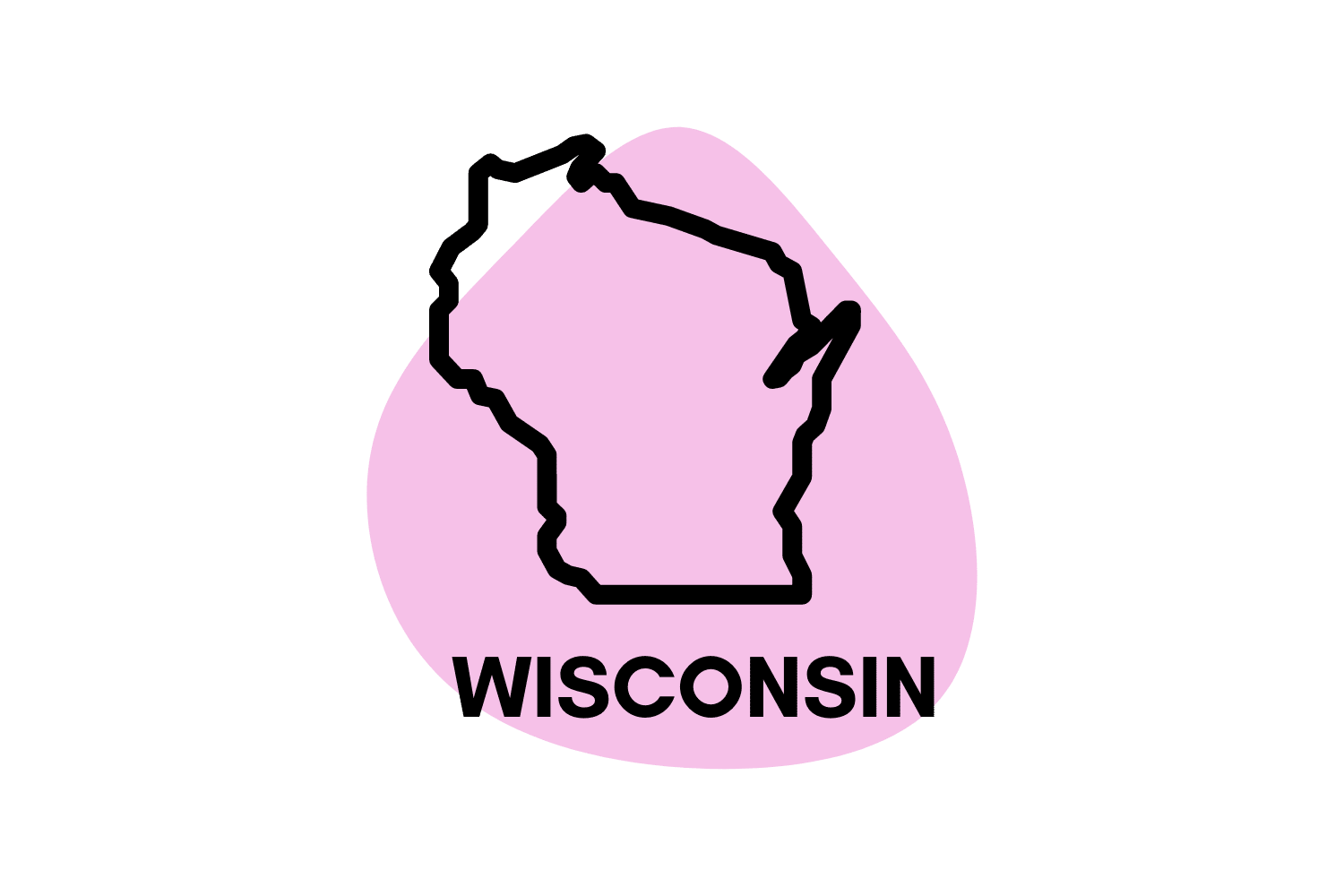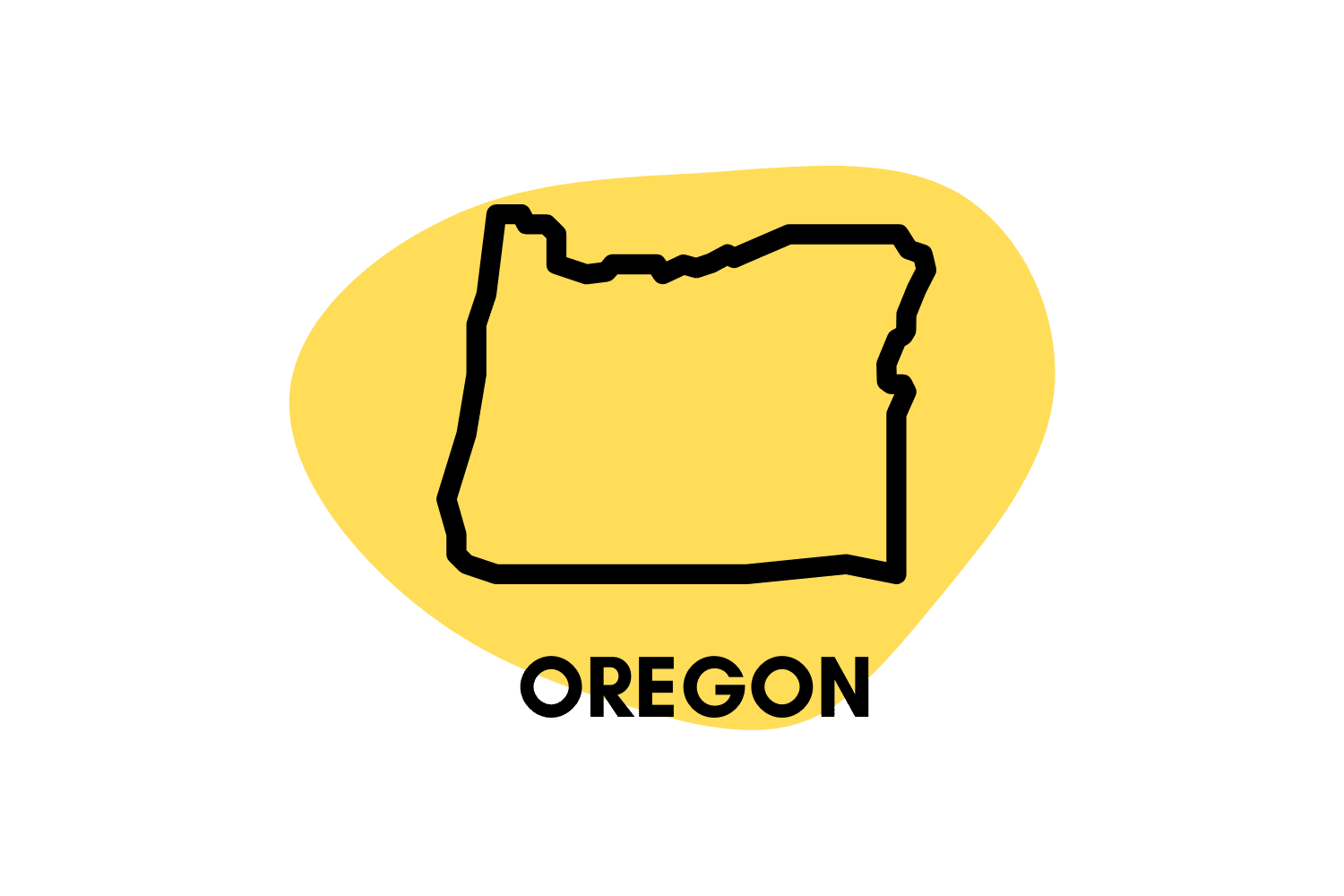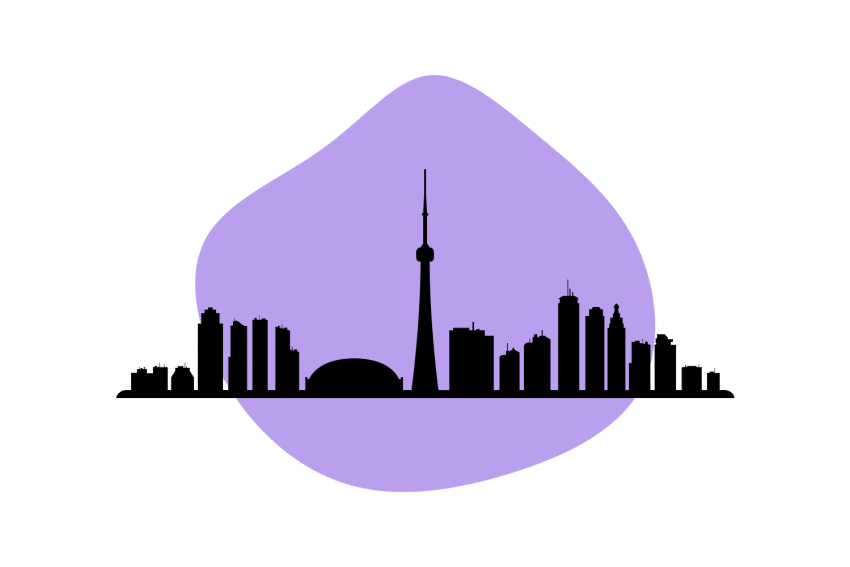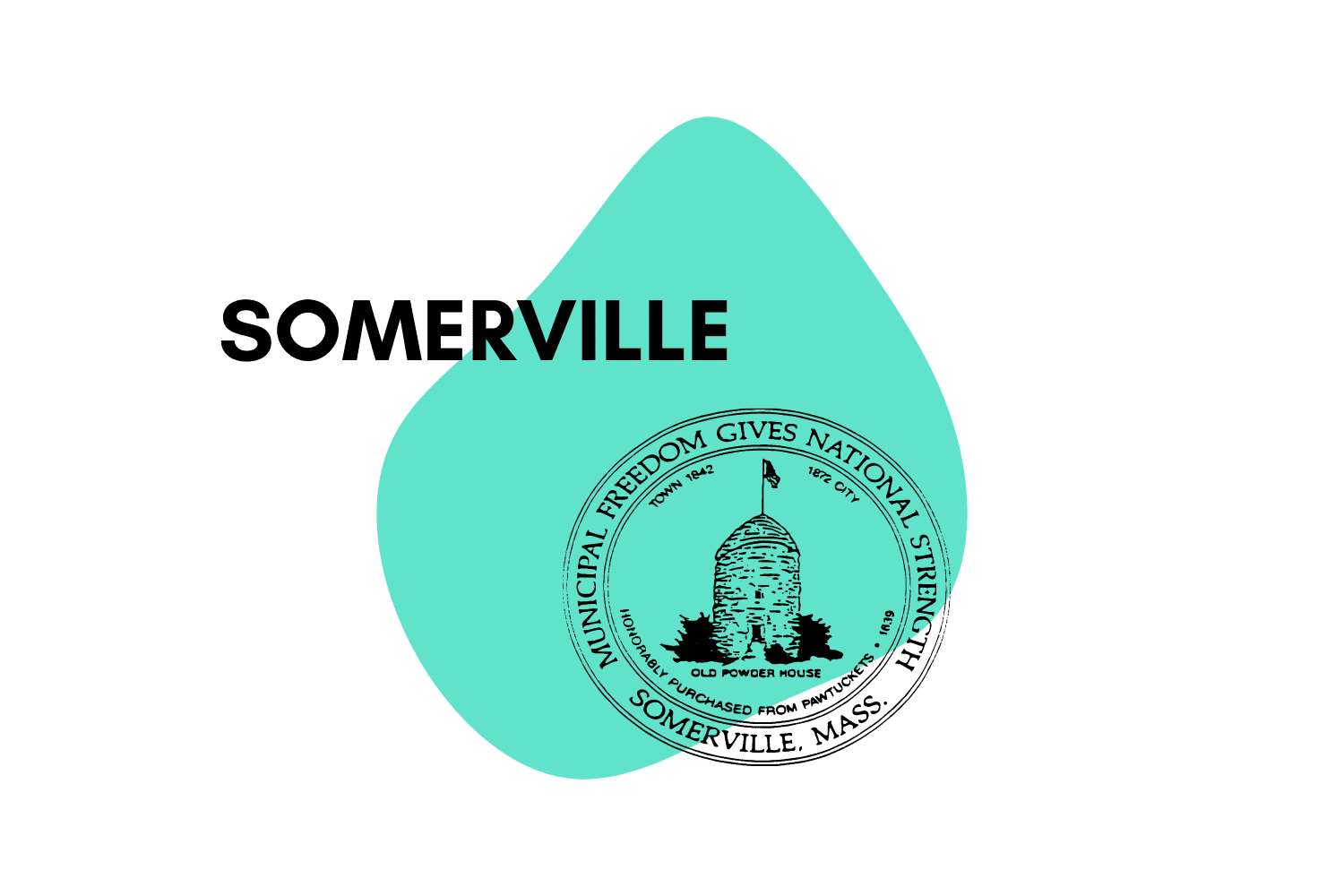Psychedelics Are a “No” in Ohio, but What’s On the Horizon?
Things might be bleak now, but soon the sun will rise in a new era. 🌄
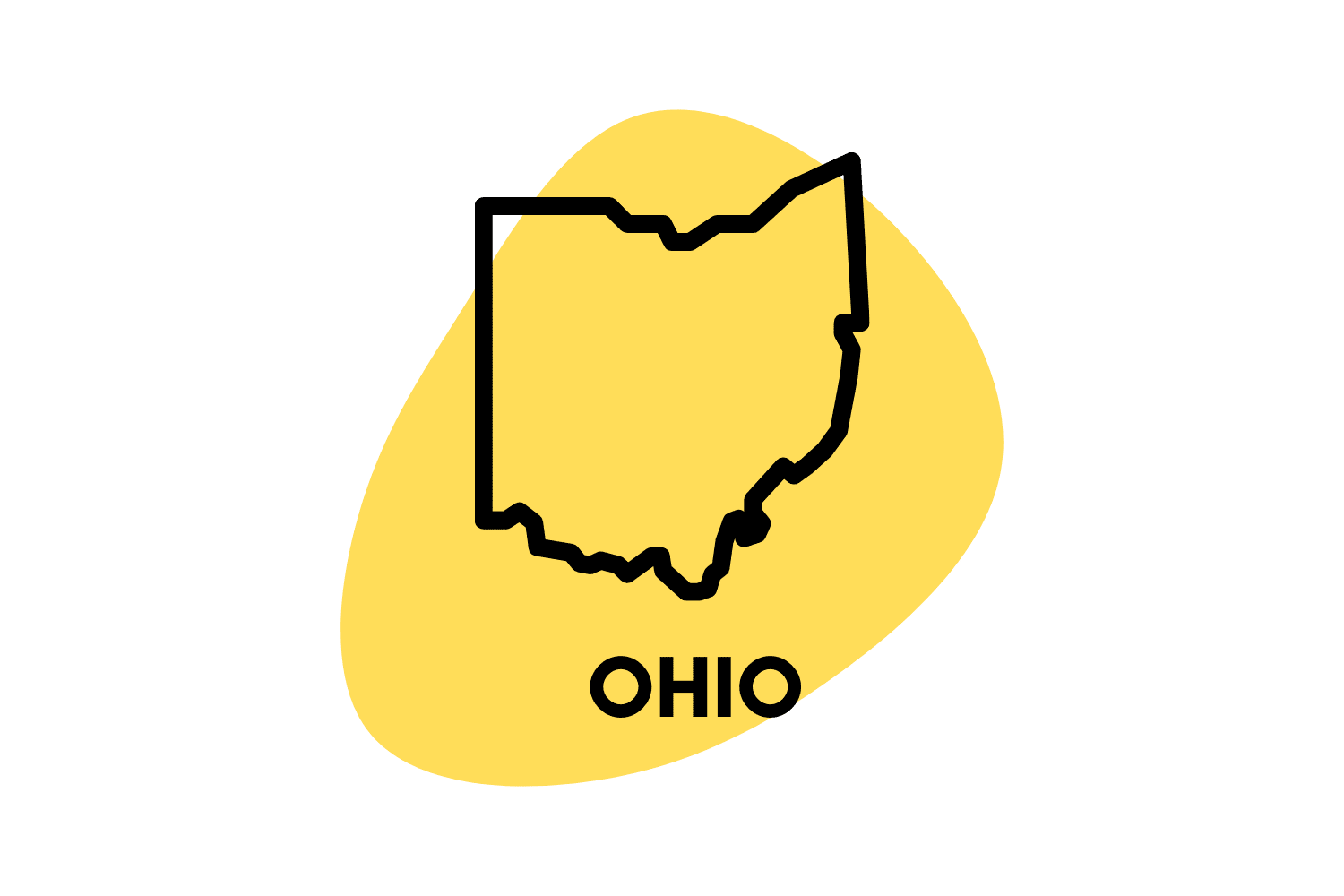
Substance laws are particularly harsh in Ohio. All forms of psychedelics, both natural and synthetic, are banned here.
However, things may start to change over the next couple of years.
Read on to learn about current regulations surrounding psychedelic substances in Ohio and how these laws will likely change in the next 2–5 years.
Are Magic Mushrooms Legal in Ohio?
Psilocybin, the psychoactive component of magic mushrooms, is considered a Schedule I substance by the Controlled Substances Act at the federal level.
This means all species of psilocybin-containing fungi are illegal in Ohio.
Possession is a felony punishable by a minimum of 2 years in prison and a maximum penalty of 10 years. If it’s the first offense, there’s also a maximum fine of $5,000. Penalties are doubled for second or subsequent offenses.
However, there have been attempts to reduce penalties, and magic mushrooms could soon become decriminalized entirely in the state of Ohio.
SB 3, for example, would have reduced felony penalties to misdemeanors for certain drug possession convictions, in addition to providing treatment for specific individuals rather than sentencing them to prison. But the bill was temporarily stalled before reaching the final vote.
Ohio considers psilocybin a Schedule I substance at the state level, although psilocybin mushroom spores are not controlled as they don’t contain psilocybin.
Therefore, buying spores is legal in Ohio. However, as soon as the spores are germinated, they become illegal again.
Map of Magic Mushroom Laws In the USA
Do Magic Mushrooms Grow Wild in Ohio?
Yes, you can find several species of magic mushrooms in Ohio and most of the United States. You’re most likely to find magic mushrooms in the wild in forested areas, ranchlands, or around parks.
In Ohio, you can spot many species. For example, several of the genus Panaeolus, such as P. bisporus, can be found growing out of compost in Trumbull County. You can also find several species of Psilocybe and Gymnopilus around the state — mostly in the late spring or early fall.
Inocybe insignis can be found inhabiting oak, beech, and walnut trees near Rosemount.
What Are the Medicinal Uses of Shrooms?
Many medical and scientific institutions, such as John Hopkins University, are calling for the reclassification of the shrooms due to their low potential for abuse and clear evidence of medicinal uses.
So far, research indicates that mushrooms may be useful for treating cluster headaches, PTSD, existential anxiety in patients with terminal illnesses, addiction, and depression.
Also, magic mushrooms and other psychedelics have been shown to improve problem-solving skills and boost creativity.
While they don’t replace the need for psychotherapy completely, they offer an excellent adjunctive therapy to go along with conventional therapeutic interventions.
Learn More About Psychedelic-Assisted Psychotherapy Here.
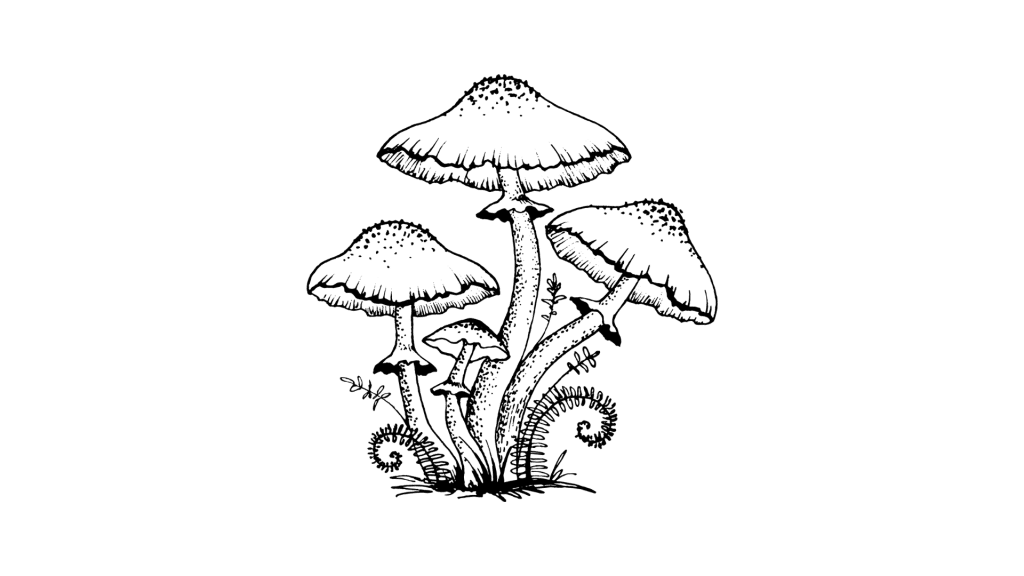
Is LSD Legal in Ohio?
LSD (lysergic acid diethylamide) is illegal in Ohio.
It’s classified as a Schedule I substance under the Controlled Substances Act.
Other lysergamide psychedelics, such as PRO-LAD, ETH-LAD, AL-LAD, ALD-52, and LSZ, fall under similar regulations due to the Federal Analogue Act — which bans all psychoactive isomers of currently banned substances.
Depending on the quantity in possession, penalties can range from 6 months to a year in prison. The maximum fine is $20,000.
Is MDMA Legal in Ohio?
MDMA is illegal at the federal level, and in Ohio, it’s considered a Schedule I restricted substance.
Possession of any amount of MDMA is a fourth-degree felony. The sentence is up to 18 months in prison and up to $5,000 in fines.
However, the future is bright for MDMA.
Oregon recently decriminalized it, along with various other psychoactive substances, and it’s likely to be legalized soon for medicinal use. Recent scientific evidence proving the efficacy of MDMA-assisted psychotherapy for treating PTSD is driving the push for clinical approval of the compound.
However, it doesn’t appear that MDMA will be available for public use in Ohio anytime soon.
Is Ketamine Legal in Ohio?
Ketamine is legal in Ohio for medical use only. All recreational use is banned and punishable by various fines and potential jail time in Ohio.
You can only obtain ketamine with a prescription, where it’s used as an analgesic for surgery, veterinary anesthesia, or as a treatment for severe depression.
Ketamine is classified as a Schedule III substance, and penalties go up to a fine of between $1,000 and $15,000, or 180 days to eight years in prison.
Is DMT Legal in Ohio?
No. In Ohio, DMT (dimethyltryptamine) is a Schedule I controlled substance and penalties for possession range from 18 months in jail to a fine of up to $5000 or both. This includes natural sources of DMT, such as ayahuasca or the Bufo alvarius toad.
The only exception to this rule are two religious groups that have been approved for sacramental use of ayahuasca — União do Vegetal (UDV) and Santo Daime.
Related: List of Plants that Contain DMT.
What’s The Difference Between Legalization & Decriminalization?
Although these terms are often confused, there are crucial differences between legalization and decriminalization.
Decriminalizing a substance means reducing penalties and fines, but that does not make it legal.
On the other hand, legalizing a substance means removing all penalties and fines for possession, sale, and cultivation. In addition, the state stops spending resources on prosecuting users and sets up a legal context for a commercial market. There may still be various restrictions in place for legalized substances, however.

Key Takeaways: What’s The Future of Psychedelics in Ohio?
Ohio’s substance laws are particularly harsh. This is likely to be one of the last states to decriminalize or legalize psychedelics.
However, there are a few pushes to legalize compounds like psilocybin or MDMA for therapeutic use on a federal level — which would affect the laws in Ohio unless state regulators make new laws to counteract these federal measures.
Although more and more cities are opting to decriminalize psychedelics that have the lowest risk of abuse, it seems unlikely this will happen in Ohio in the near future.

